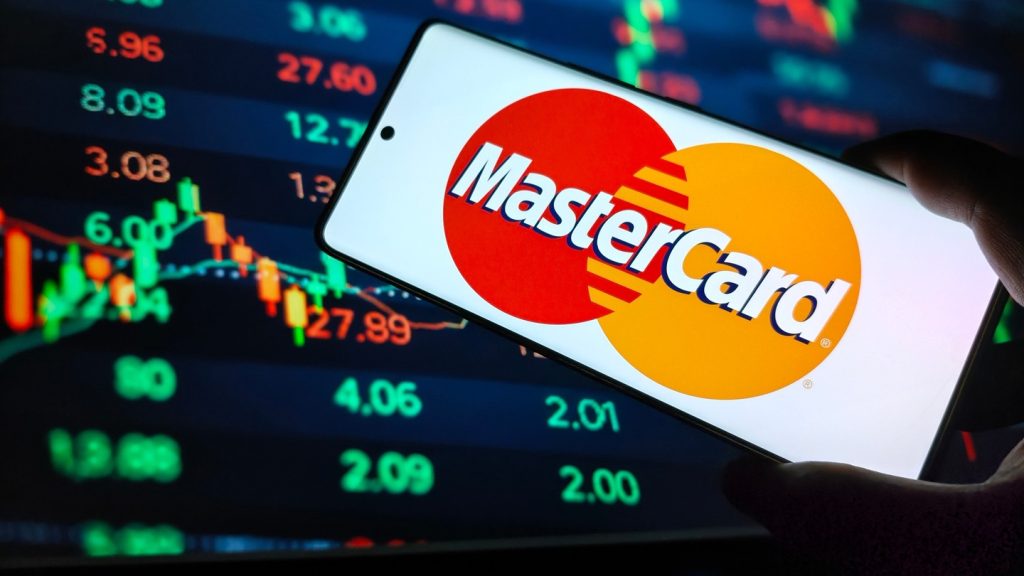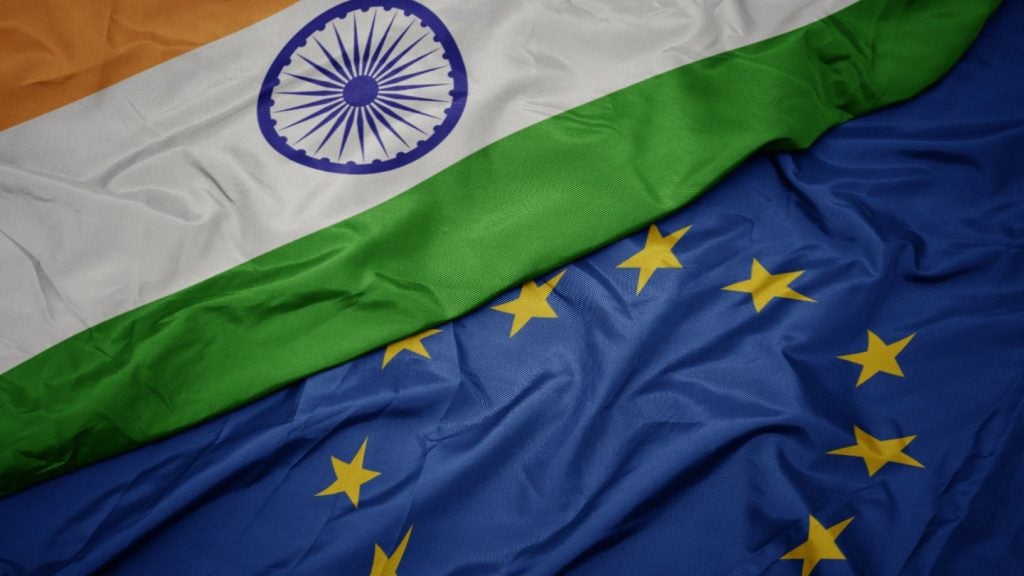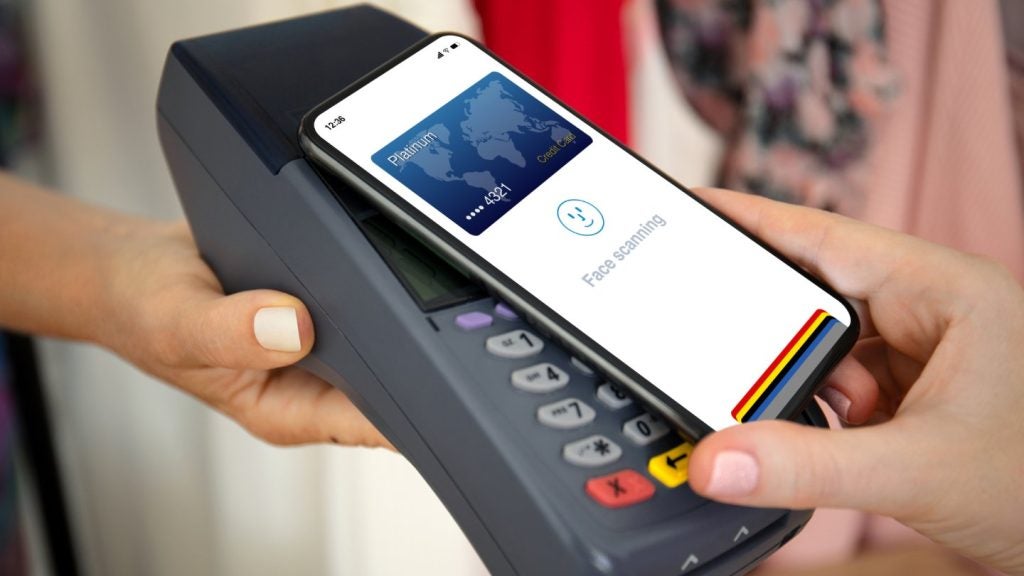Following a recent article in the Financial Times stating that the UK cash system may be “on verge of collapse”, some consumers have started to wonder what the future holds in this respect. As card payments become increasingly popular, how will merchants abroad cater to evolving consumer expectations and technology?
The reign of cashless
Despite there being small businesses and individuals within the UK that still rely on cash payments; the move towards card doesn’t look to be slowing. According to the Financial Times, the number of transactions made using cash has fallen from six in ten a decade ago, to three in ten today. Electronic Payments International also reported that “the banking industry association UK Finance predicts that cash will fall to 16% of payments by 2027,” dropping from around 34% as it stands today.

Access deeper industry intelligence
Experience unmatched clarity with a single platform that combines unique data, AI, and human expertise.
As card payments become more prevalent, the ways in which we use cards are also evolving. The introduction of mobile wallets, for instance, has added an entirely new element to transactions being made at home and abroad
The need for clarity
With the switch from paper to plastic in full swing, now – more than ever – there is a need for complete clarity within the payments sector. Card and digital tend to be regarded as more convenient ways to pay; however, they do also present some challenges. Tracking one’s spending with cash is straightforward; having something physical to count and take note of provides instant confirmation on outgoings and remaining balance.
Keeping track of your balance isn’t always as clear-cut when spending with card – mostly because account information doesn’t tend to update immediately and can therefore be misleading. Paying by card, and using contactless in particular, has made purchasing so quick and easy that it hardly feels like spending at all. This has prompted a ‘tap and go’ mentality – we buy items throughout the day without really knowing whether we are exceeding our limits or not.
Difficulties with spend tracking are increased significantly when abroad. The rise of the cashless system in the UK has inevitably built certain expectations from consumers for when they venture overseas.

US Tariffs are shifting - will you react or anticipate?
Don’t let policy changes catch you off guard. Stay proactive with real-time data and expert analysis.
By GlobalDataMany travellers find themselves overwhelmed or confused when faced with an unfamiliar currency or a spending culture that differs greatly from their own. Our recent study highlighted this, with 41% of British holidaymakers unable to identify the correct exchange rate for converting 1GBP into the equivalent in Euros and 70% unable to do the same for US Dollars. There are also differences in the contactless transaction limit from country to country, which many travellers will be unaware of.
For instance, the limit in the UK recently rose to £30, but in France it is €25 (£18). Further afield, in destinations such as Canada the limit is much higher: ($100 or £48) and similar in Australia ($100 or £45). DCC is permitted in all environments where the customer has the opportunity to make a currency i.e. Point of Sale (POS), online and ATM.
On a contactless transaction within the Cardholder Verification Method (CVM) limit, DCC is not applicable. The exception is in countries where contactless purchases over the CVM limit are allowed, provided the mandatory information is provided to the cardholder (i.e. local currency, DCC currency, exchange rate).
Then comes the question of which currency to pay in? This will ultimately determine how much you pay for the transaction as a whole. As previously highlighted, tourists are often not up to date on the latest exchange rates and could therefore find calculating the transaction in an unfamiliar currency a challenge. Being provided with a choice in the way they complete the payment, can help overcome this.
Cardholders abroad can pay in their home currency or the local currency. Choosing to make the payment in their home currency, via Dynamic Currency Conversion, locks in the exchange rate, and factors in all additional conversion charges. What is seen at the point of transaction is what will appear on their bank statement.
Conversely, when opting to pay in the local currency the conversion charge, which is administered by the card issuer remains unknown until after the transaction has been completed. In most cases consumers are only aware of the value of this additional charge when they later view their bank statement. Through DCC visitors can enjoy a service that replicates the benefits of cash – spend trackability and transparency – along with providing the added element of convenience.
The duty of businesses and merchants abroad
It is likely that more visitors will enter into foreign countries wishing to pay using their iPhones, contactless cards and smart devices. With DCC, retailers have an opportunity to give cashless consumers a choice in how they complete their transactions. Businesses that understand visitor requirements and respond to them will ultimately ensure better and more seamless customer experiences – potentially leading to repeat customers.
As demand for card-enabled transactions continues to increase, in the UK and abroad, upholding this level of clarity will become even more important. In order to provide consumers with the comfort that is often found with cash, businesses must adopt an approach that offers them security, transparency and convenience.
Gino Ravaioli, chairman of the DCC Forum







